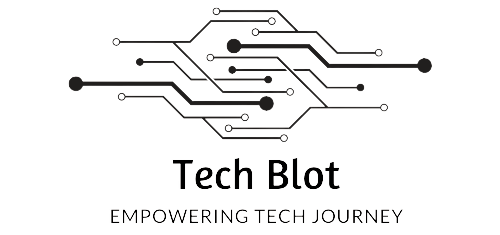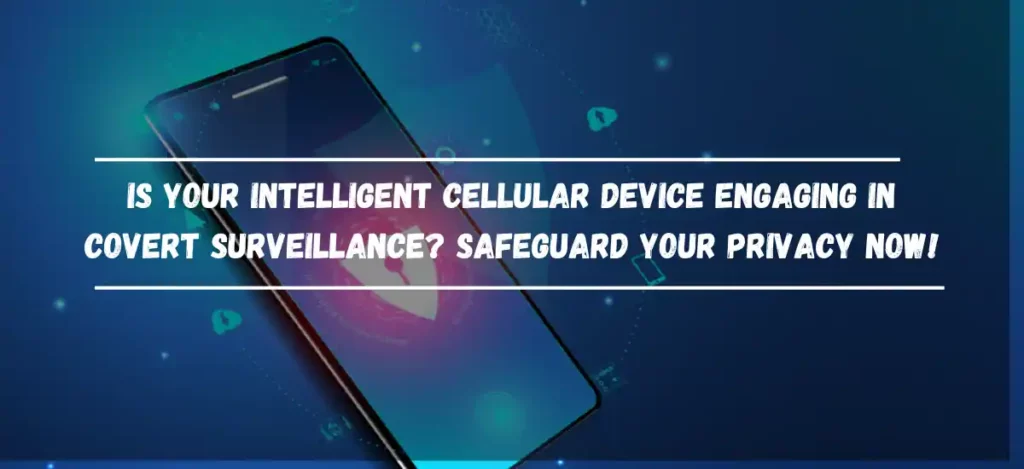In an epoch where intelligent cellular devices permeate our lives, the concealed hazards intertwined with their utilization have emerged as a substantial apprehension. This composition aims to expose the realities of cellular device surveillance, elucidating the potential encroachments on our privacy and presenting methodologies to shield our confidential sphere.
Deciphering Cellular Device Surveillance
Cellular device surveillance encompasses a multitude of manifestations. Firstly, application permissions frequently confer upon applications a surplus of access to private data. Secondly, the tracking of one’s geographic location by applications can divulge intricate movement patterns. Lastly, indiscriminate data aggregation by applications amasses substantial troves of personal information.
The Architects of Cellular Device Surveillance
The principal participants in the realm of cellular device surveillance encompass corporate entities and governmental agencies. Corporations scrutinize user data to customize marketing strategies and ameliorate product offerings. In contrast, governmental entities may harness this data for the sake of security measures and law enforcement. This surveillance yields far-reaching repercussions, encompassing infringements upon privacy, plausible data breaches, and the omnipresence of targeted promotional endeavors. An awareness of these facets becomes pivotal, especially when considering the resale value of your device on platforms such as https://gadgetpickup.com/sell/iphone-15-pro/, where data security reigns supreme.
Indicators That Your Intelligent Cellular Device Is Under Surveillance
Signifiers of Surveillance. A multitude of indicators can serve as harbingers that your intelligent cellular device is embroiled in surveillance operations. Atypical depletion of the battery may intimate concealed processes operating in the background. Inordinate data consumption might signify the transmission of data to distant servers. Furthermore, suspicious conduct exhibited by applications and unforeseen advertisements or tailored recommendations linked to recent pursuits can serve as revealing telltale signs.
Augmented Data Utilization. A substantial augmentation in data utilization, even when usage patterns remain unaltered, constitutes yet another conspicuous red flag. This could imply that your device is clandestinely transmitting substantial volumes of data without your cognizance. Scrutinizing data utilization can facilitate the detection of potential unsanctioned surveillance endeavors.
Safeguarding Your Cellular Device’s Confidentiality
To fortify the security of your cellular device, embark on an enhancement of its security configurations:
- Robust Passcodes: Opt for intricate passcodes over rudimentary ones.
- Biometric Verification: Employ fingerprint or facial recognition attributes to fortify security.
- Routine Software Upkeep: Maintain the device’s currency to shield against the latest security perils.
These measures serve to significantly curtail the exposure to unauthorized device intrusion.
Prudent Management of Application Permissions and the Application of Privacy Enabling Tools
Prudent administration of application permissions assumes paramount importance in the preservation of your privacy. Confine permissions to the bare essentials for an application’s functionality. Moreover, the utilization of Virtual Private Networks (VPNs) and encryption tools can safeguard the transmission of your data, while constraining location tracking bolsters privacy. Privacy-centric applications and configurations furnish additional layers of safeguarding by diminishing data sharing with external entities.
Offspring and the Privacy of Cellular Devices
The rising prevalence of cellular device usage among juveniles predisposes them to the potential of surveillance. This exposure harbors profound ramifications for privacy, necessitating vigilant management of their device interactions.
The enforcement of parental controls can facilitate the surveillance and restriction of juvenile access to content on their cellular devices. Equally consequential is the education of juveniles regarding the significance of privacy, the risks of oversharing, and the adoption of secure internet practices to inculcate a responsible approach to cellular device utilization.
Cellular Device Privacy Within the Corporate Realm
Within the corporate context, the utilization of cellular devices may engender vulnerabilities to sensitive corporate data. Enterprises must institute robust protocols to safeguard confidential information accessible via employee devices.
The formulation of lucid employee device usage policies holds paramount significance. These policies should encompass security protocols, permissible usage parameters, and data handling procedures. The ascendancy of Bring Your Device (BYOD) policies further complicates this landscape, necessitating the reconciliation of employee convenience with data security. Enterprises must ensure that their policies are comprehensive and effectively communicated to avert potential breaches and leaks.
Privacy Implications in the Sphere of Social Media
The Role of Social Media in Surveillance. Social media platforms transcend their function of connecting individuals; they also serve as fertile ground for data accrual and surveillance activities. These platforms meticulously scrutinize user behaviors, preferences, and interactions to construct comprehensive profiles, often exploited for targeted advertising and occasionally marketed to third-party entities.
Safeguarding Your Privacy on Social Media. To fortify privacy while navigating the terrain of social media, it becomes imperative to judiciously manage privacy configurations, curtailing the extent of publicly shared content. Periodic reviews of application permissions and circumspection regarding the divulgence of personal data in posts and profiles can profoundly mitigate privacy vulnerabilities.
Harmonizing Convenience and Privacy
- Convenience Versus Privacy: In the era of digital advancement, the dichotomy between convenience and privacy stands prominently accentuated. While intelligent cellular devices confer unparalleled convenience, they simultaneously impose substantial privacy risks. Users must cultivate an awareness of this equilibrium and make informed decisions regarding their device interactions.
- Informed Decision-Making: Users ought to remain abreast of privacy concerns and grasp the ramifications of their digital selections. Opting for privacy-oriented alternatives, such as secure messaging applications or privacy-centric web browsers, can serve as a means to sustain this equilibrium.
Prospective Trends in Cellular Device Surveillance
The trajectory of cellular device surveillance appears poised to be influenced by emerging technologies such as artificial intelligence and machine learning. These technologies boast enhanced capabilities in data analysis, potentially culminating in more intricate forms of surveillance.
Potential Perils and Advantages
While these advancements offer potential advantages like augmented services and personalized encounters, they concurrently harbor consequential privacy risks. Users must stay attuned and vigilant as these technologies evolve to shield their privacy.
Is Your Intelligent Cellular Device Covertly Engaged in Surveillance Activities?
The panorama of cellular device surveillance is intricate and ever-evolving. It is evident that while our devices proffer extraordinary advantages, they simultaneously proffer significant threats to privacy. As technology perpetuates its onward march, remaining well-informed and proactive in the safeguarding of personal privacy assumes an unprecedented degree of significance. It transcends the mere preservation of data; it becomes a question of upholding personal autonomy within an increasingly interconnected world.

